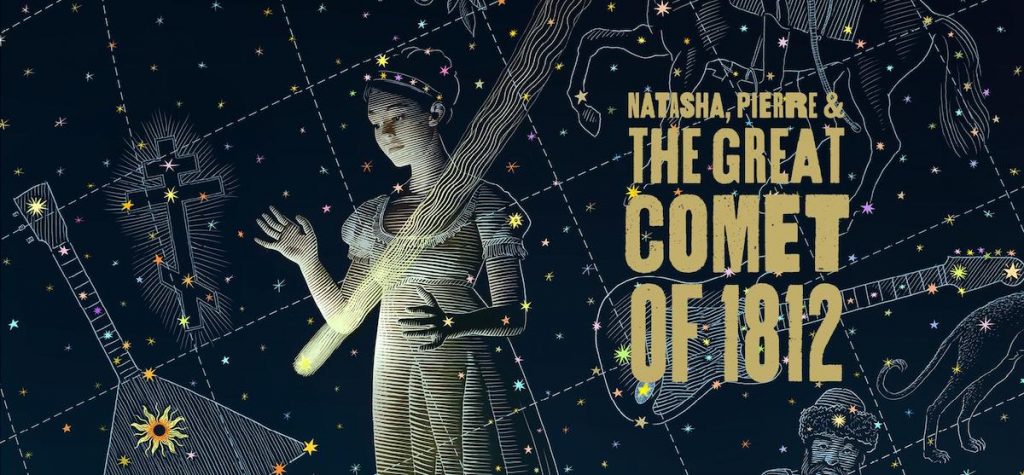Culture
OU’s Brent Frederick gives perspective on the state of Broadway theater in the age of omicron
By: Emily Votaw
Posted on:
Broadway theater has been an integral part of America’s artistic, cultural, and commercial identity for well over a century. However, the last two years have proved especially difficult for the historic New York City theatrical district.
On March 12, 2020, COVID-19 dropped the curtain indefinitely on every Broadway theater stage.
In late June 2021, some 600 days later, Broadway again welcomed theater goers. Those tumultuous, but ultimately optimistic, days are chronicled by PBS’ documentary “Great Performances: Reopening: The Broadway Revival,” which WOUB-TV will broadcast on Tuesday, January 18 at 9 p.m. ET.

Things are looking considerably less optimistic for Broadway these days. Several of the productions the documentary follows, such as “Diana: The Musical,” “Waitress,” “Ain’t Too Proud” and “Jagged Little Pill” have since been forced to end their Broadway runs early due to COVID-19 breakthrough cases.
“It’s been the most challenging time in the history of Broadway theater,” said Brent Frederick, Music Director and Assistant Professor of Instruction in Musical Theater in Ohio University’s College of Fine Arts. “We’ve weathered world wars and prior pandemics and yet never in the history of Broadway have we had an extended year-and-a-half shutdown.”
Frederick has over two decades of experience in the professional performing arts, including a substantial amount of time actively working in New York City on Broadway productions such as “Kinky Boots,” and “The Band’s Visit.” He maintains numerous professional and personal connections to the historic theatrical district.
Some of the defining characteristics of Broadway theater are precisely what made the reopening process documented by “The Broadway Revival” so difficult.
“COVID-19 is an aerosolized virus. And one of the very first super spreaders when the pandemic began was a choir rehearsal out in the Seattle area. So it became very obvious, very fast that one of the most dangerous things we could do is sing in an enclosed space — and Broadway theaters are notorious in this respect. They’re very, very old buildings. They don’t have great ventilation. And it was a very unsafe environment in which to put people, especially when we knew so little about the virus,” he said.
With the recent surge of the omicron COVID-19 variant touching dozens of Broadway productions, Frederick said there are two types of performers responsible for ensuring that, in many cases, the show really can go on: understudies and swings. Understudies memorize all aspects of a production’s principal role in case the leading actor could not perform for whatever reason, and “swings” do the same for members of ensembles.
“All of these people are stepping up in admirable and just really heroic ways to keep shows happening at this point because omicron is running through the industry,” said Frederick, who said he’s heard stories of otherwise retired performers being called upon to fill roles in productions impacted by COVID-19.
“Recovery in the business is a long way off. We’re just getting to the point now that people are starting to have a regular check come back. And just in the last couple weeks, everything seems very, very muddled,” said Frederick.
Ohio University’s musical theater program, has, of course, also been impacted by COVID-19.
“Musical theater is a very new thing at OU. We are only in our third cohort right now, and we have been tasked with really establishing the program,” said Frederick of the program, which was established on Ohio University’s Athens campus in 2019.
March 24 – 26 and March 29 – April 2, Ohio University’s Tantrum Theater will stage a production of “Natasha, Pierre & The Great Comet of 1812,” a Broadway hit penned by Ohio University alumnus Dave Malloy that will serve as the official “launch” production for the musical theater program on the Athens campus.
“We are soldiering forward,” said Frederick. “We are doing our best to continue to inspire students to remember why they got into this profession in the first place.”


